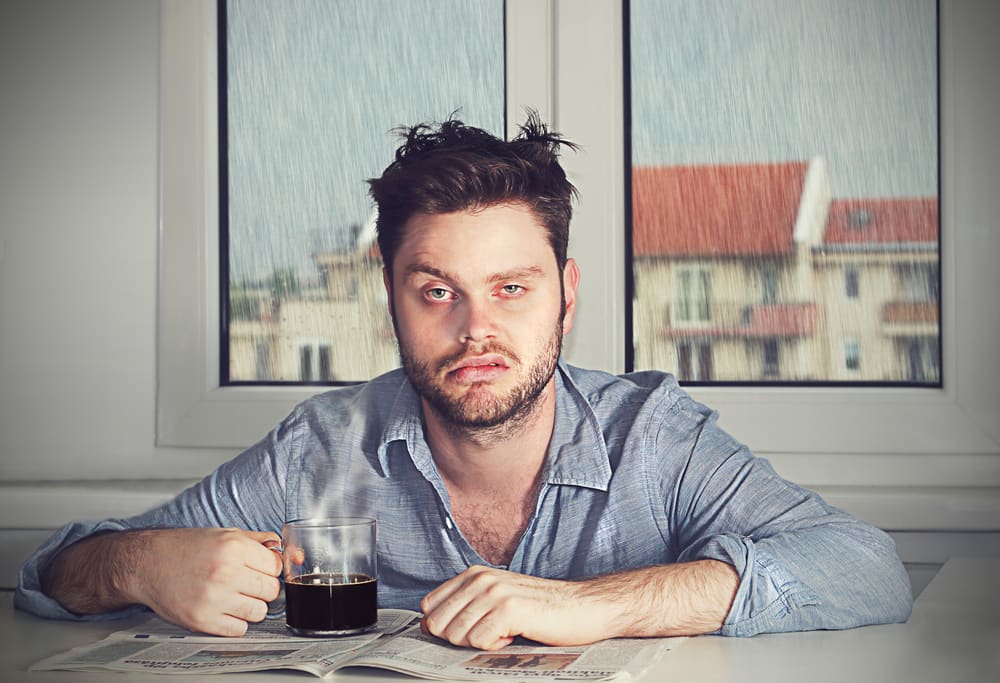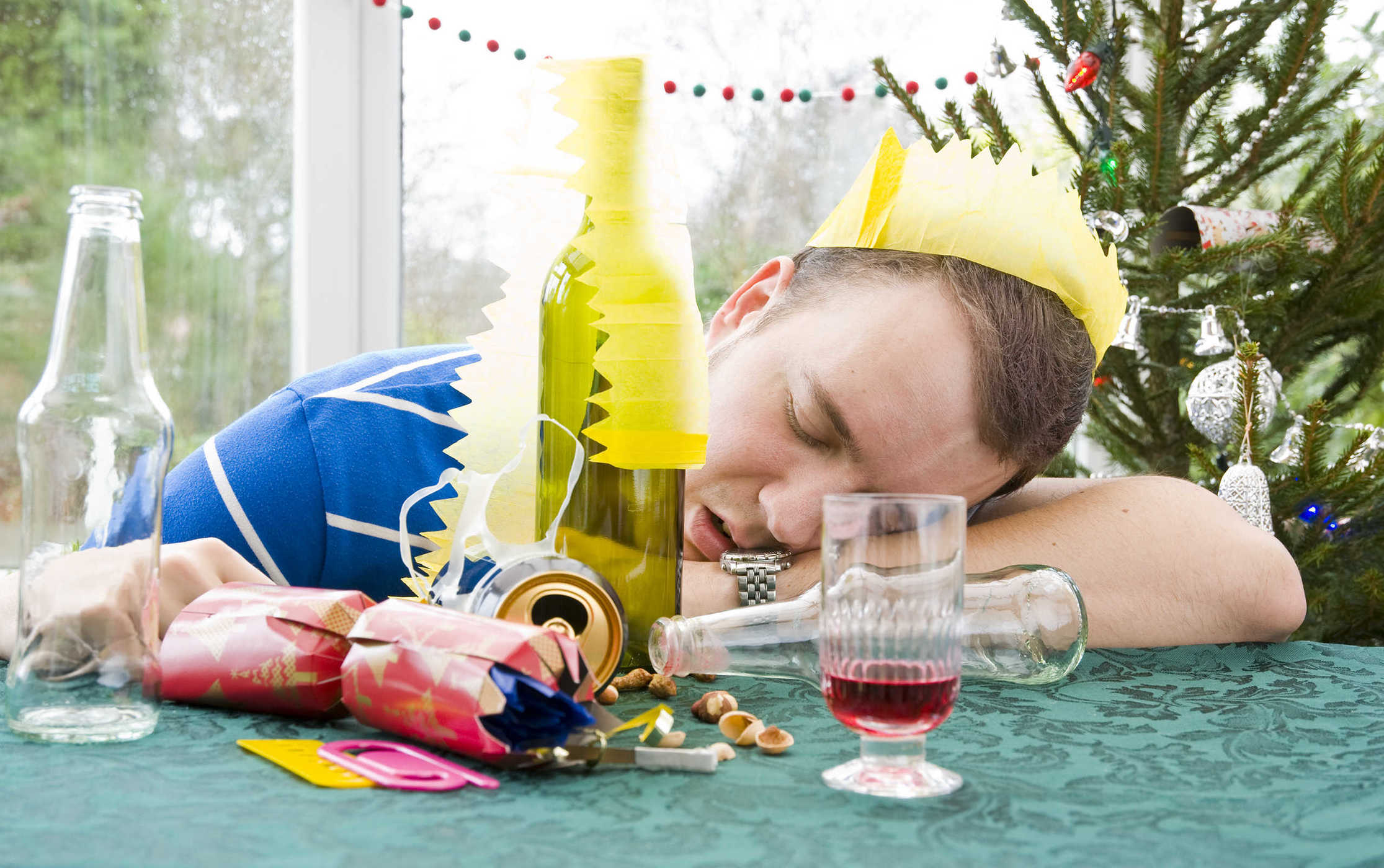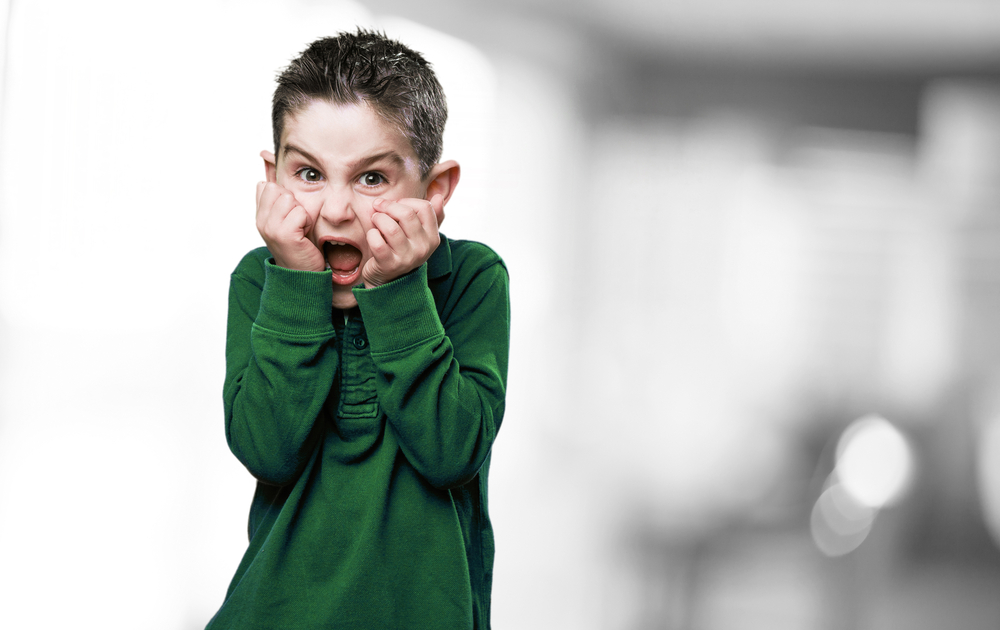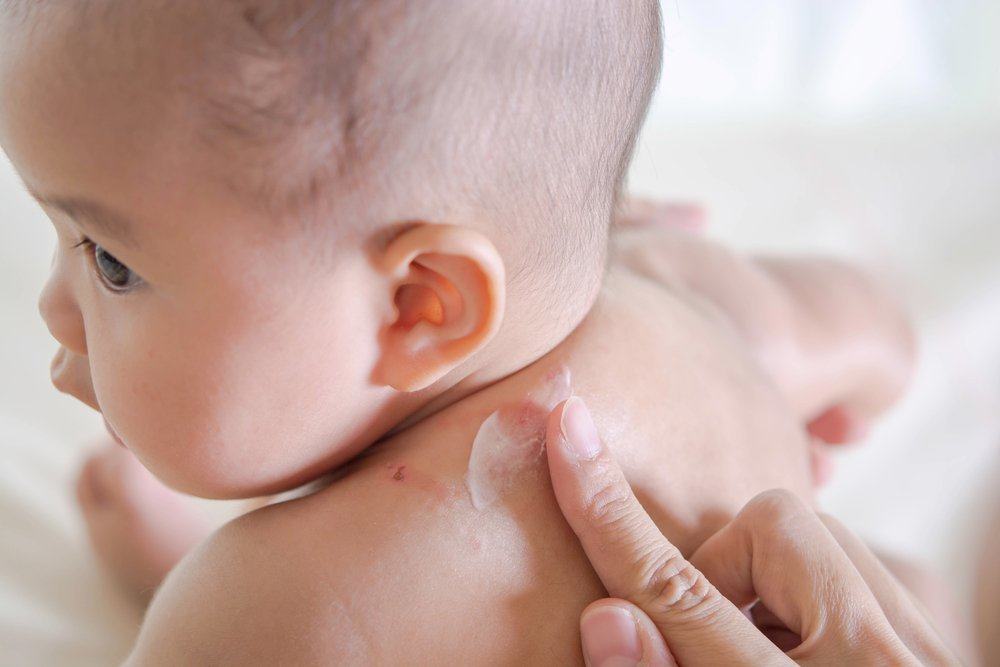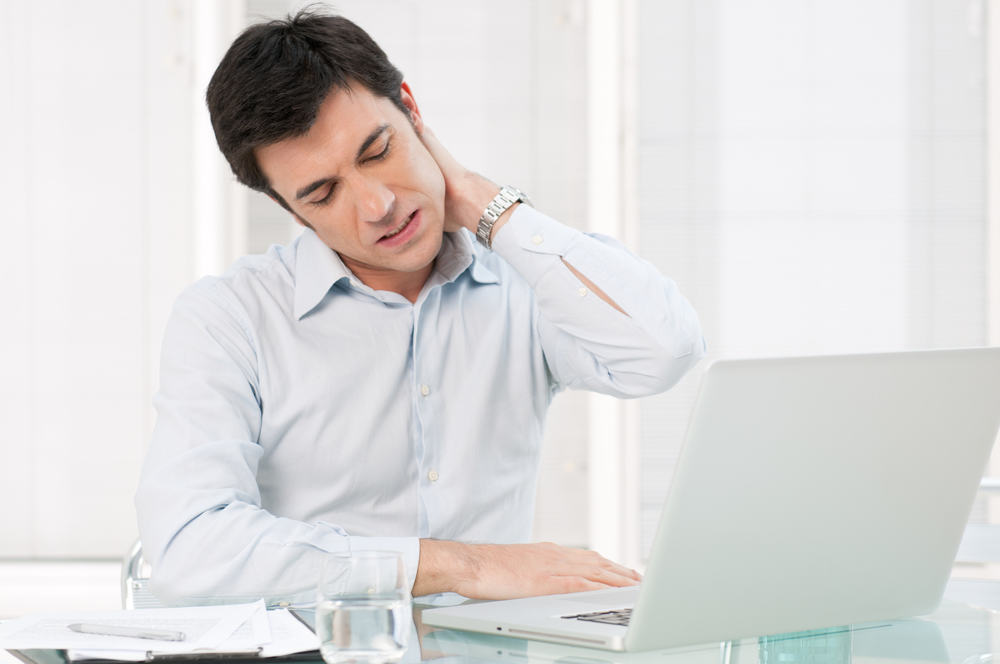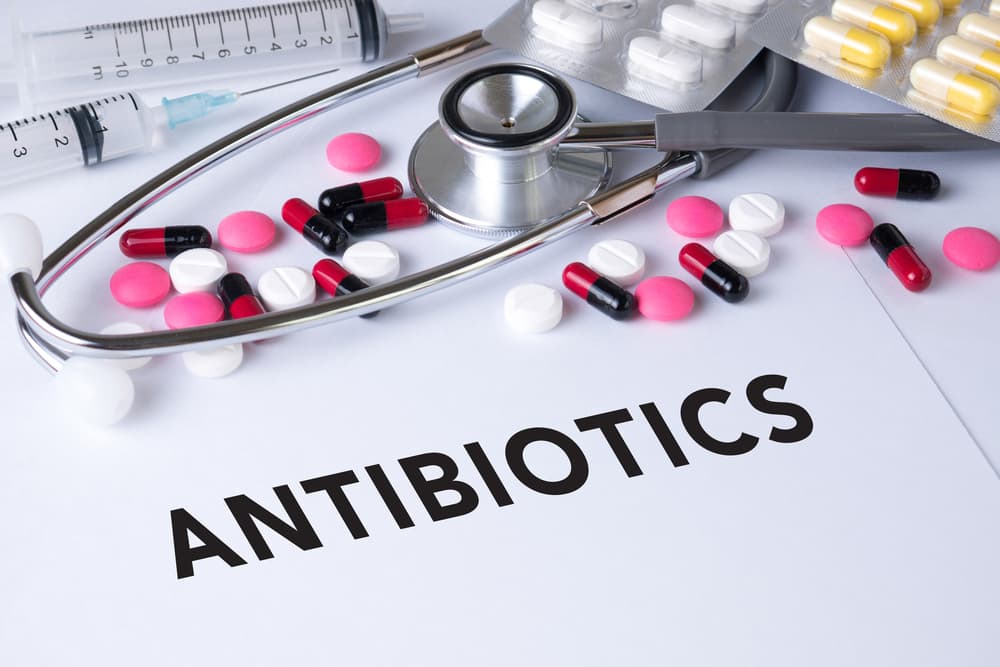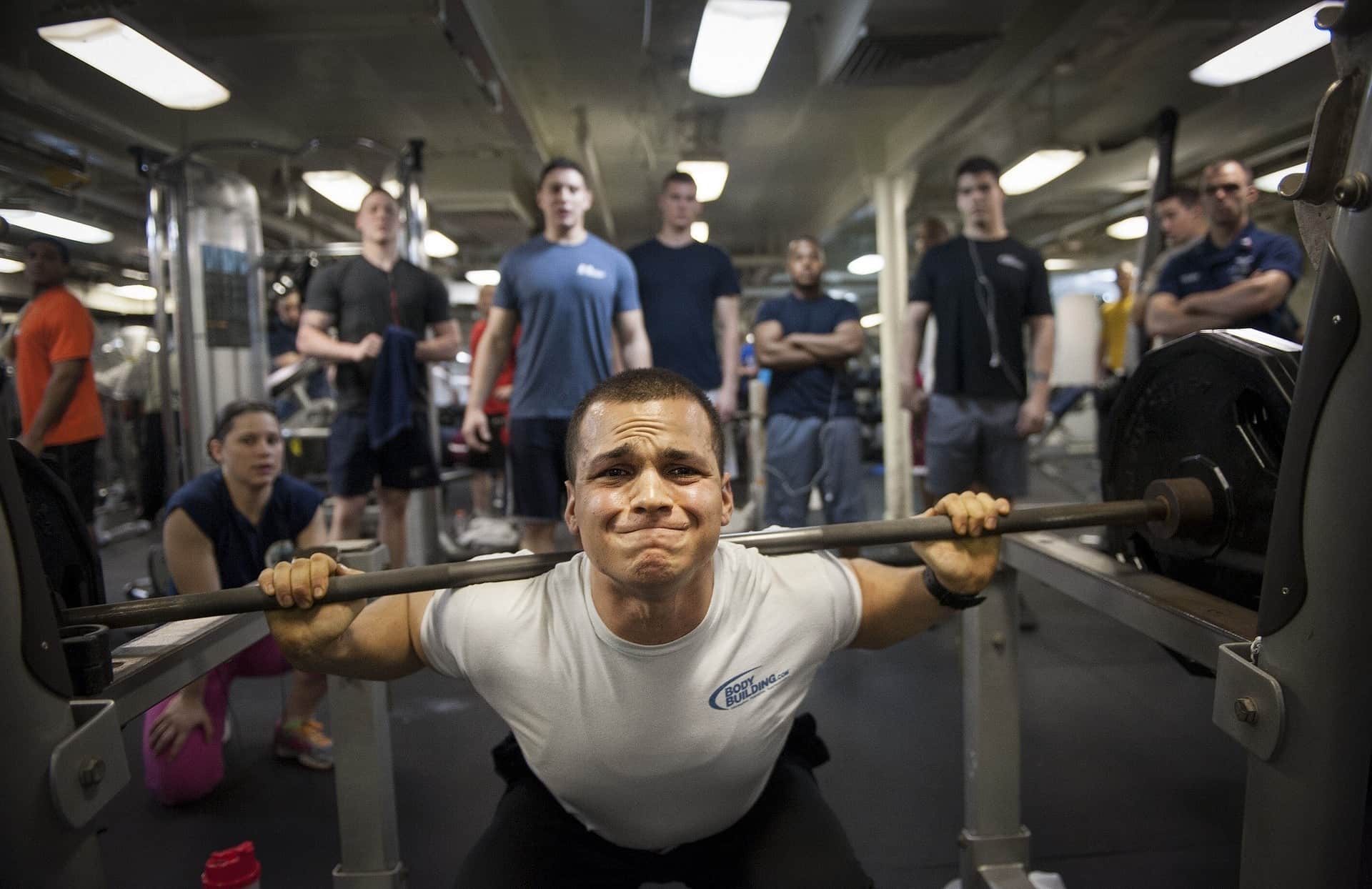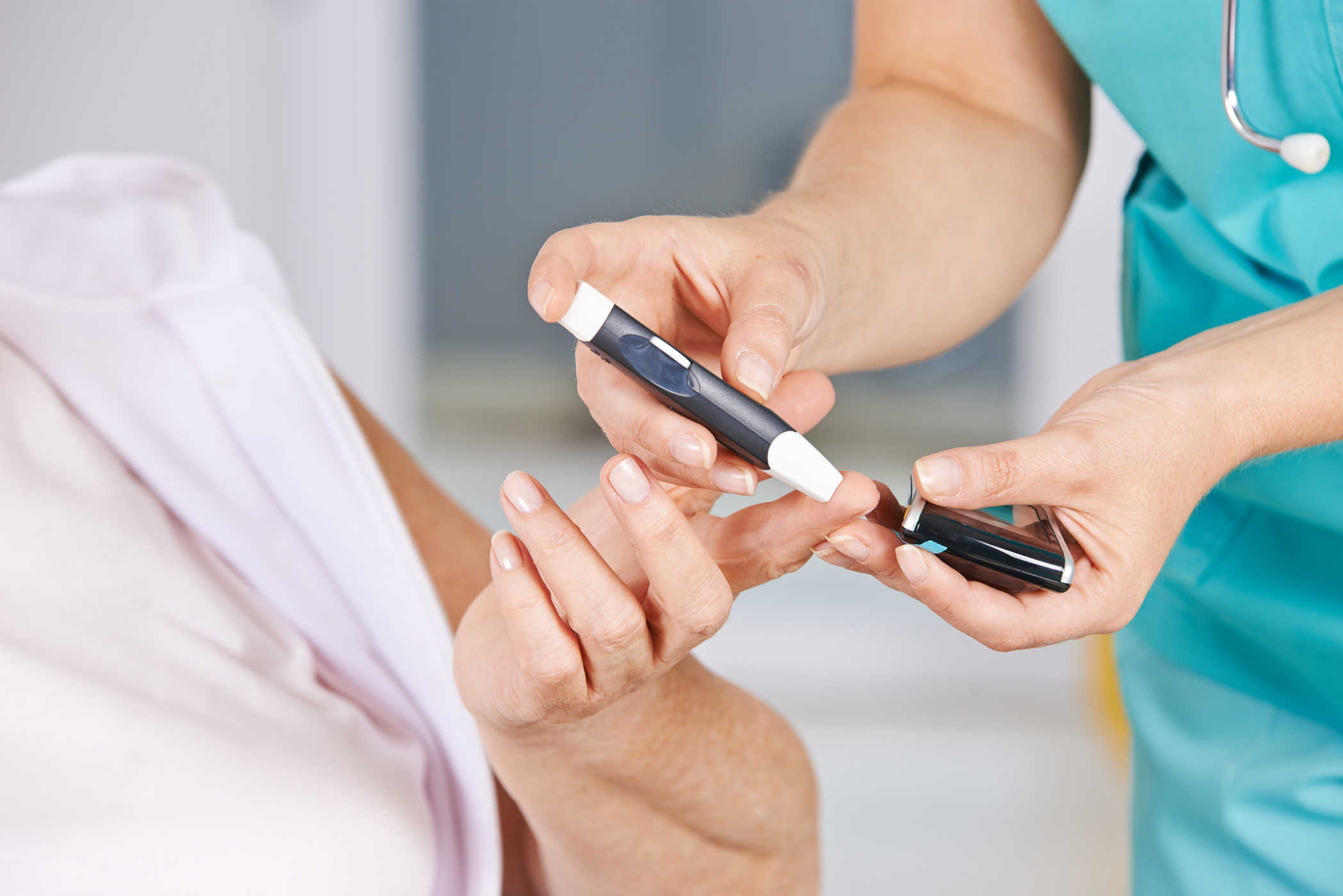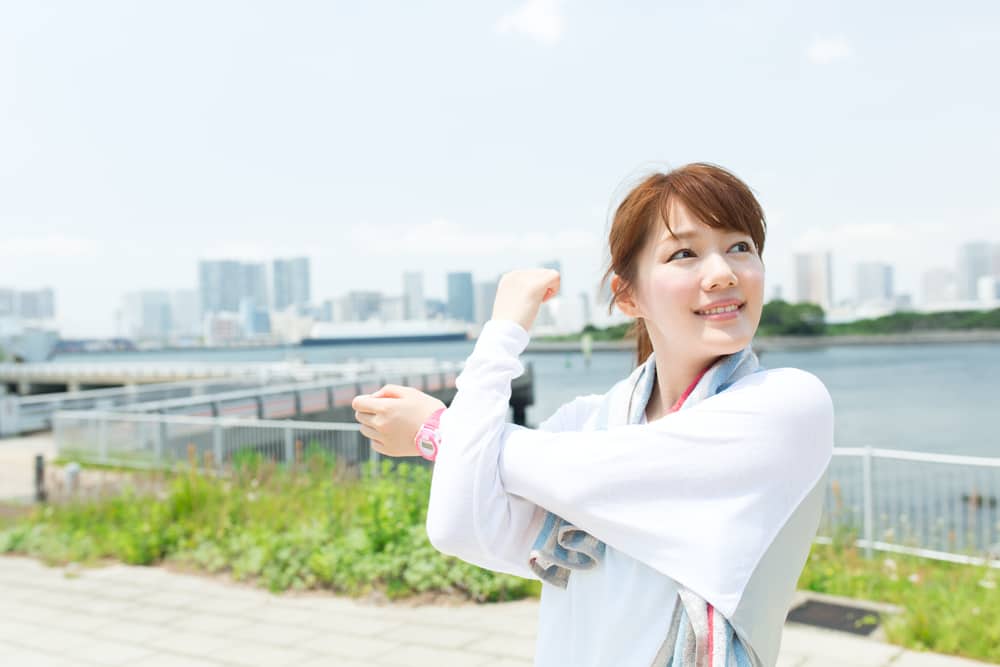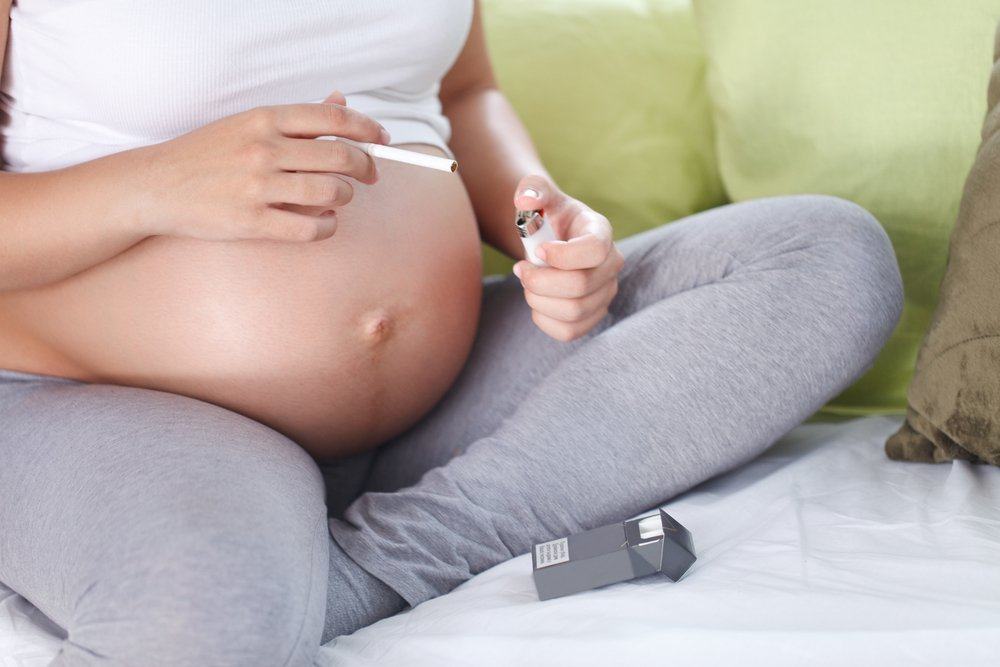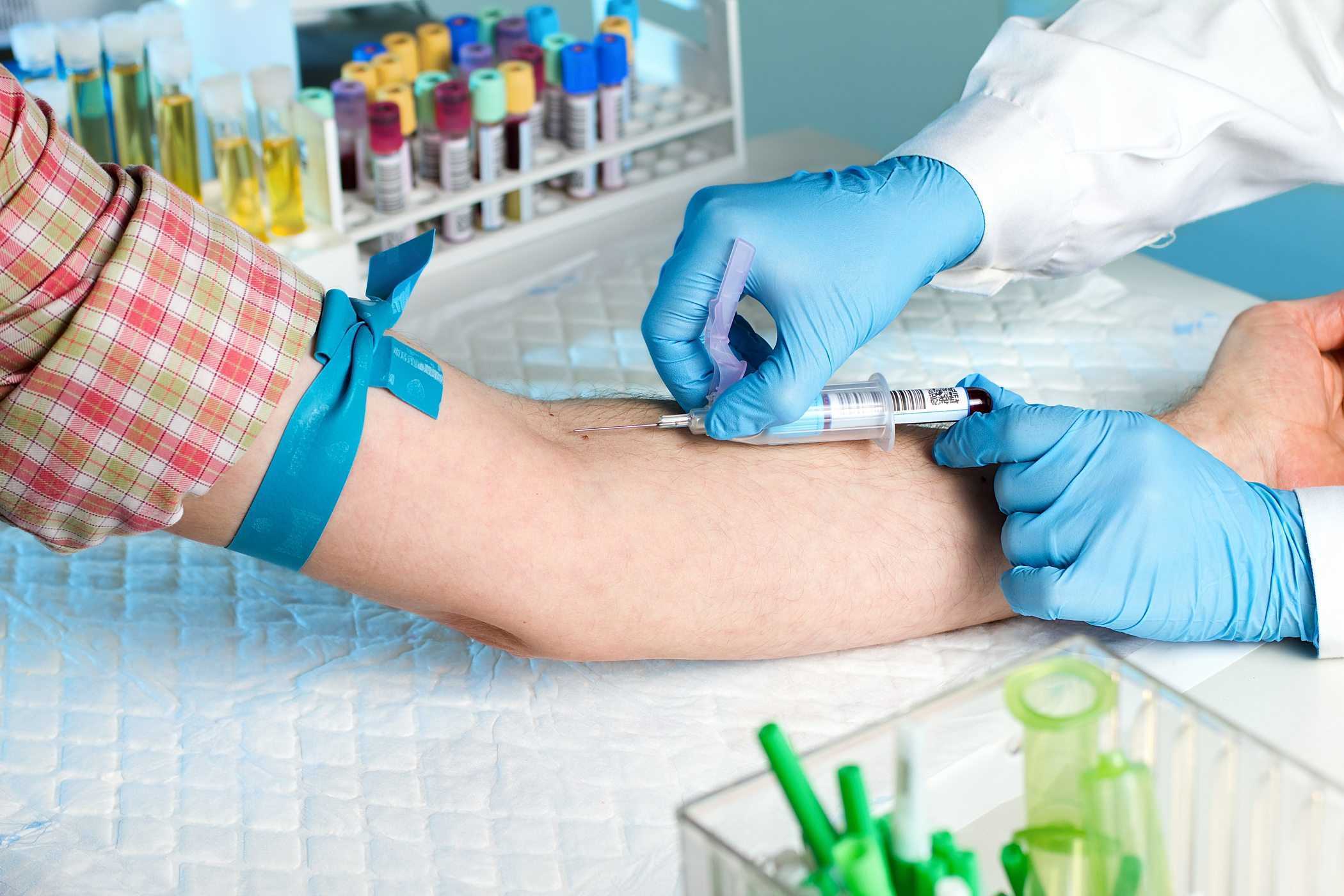Contents:
- Medical Video: How to minimize hangovers
- What causes a hangover?
- What is the effect of drinking coffee after drinking alcohol?
Medical Video: How to minimize hangovers
Hangover is probably the most appropriate situation to describe the term "regret always comes later". Because, you have to struggle with a series of "regrets" on the next morning after partying, which manifests as dizziness, nausea, vomiting, feeling unwell, palpitations, and headaches. Worse yet, the symptoms of a hangover can last a day. To get rid of this hangover, many people immediately drink coffee after waking up. But did you know that the effect of drinking coffee after drinking alcohol will actually worsen your hangover symptoms?
What causes a hangover?
Hangover is a side effect of the body's immune system that is overwhelmed by receiving alcohol levels that exceed the tolerance limit. This usually happens after you drink lots of liquor in a row in a short time.
After consumption, one third of the liquid alcohol enters the stomach while the rest will empty into the small intestine before flowing into the blood to the liver. The liver then breaks down alcohol into a chemical called acetaldehyde, which is toxic. Your body knows it's bad for you, so acetaldehyde will be burned and not stored as fat as usual.
It takes at least an hour for the body to be able to process a small portion of the toxic chemical compound into acetate, a chemical compound that is safe for the body. If you consume too much alcohol in a short time, asealdehyde will accumulate too much in the body and damage liver cells so that the liver cannot function properly to get rid of toxins.
In addition, alcohol increases the production of dopamine that is formed in the brain. Dopamine is a neurotransmitter, one of the chemicals responsible for transmitting signals from neurons (neurons) to other parts of the body. Increased dopamine levels trigger a feeling of happiness and calm. But when you stop drinking, the remaining alcohol in the body actually triggers the release of other neurotransmitters that begin to slow down the brain process. As a result, you start feeling tired, blurred vision, and your body's reaction becomes sluggish.
All of the above processes, coupled with symptoms of dehydration that follow after drinking alcohol, cause various symptoms of hangover.
What is the effect of drinking coffee after drinking alcohol?
"Coffee can reduce the sedative effects that alcohol raises, giving a false impression that you are not so drunk, even though it's the same," said Thomas Gould, PhD, from Temple University, quoted by NYDaily News.
Coffee contains caffeine, a compound that works to stimulate the brain's central nervous system. The work of caffeine is inversely proportional to adenosine, a natural compound in the brain that is soothing. Caffeine will hijack all adenosine receptors in the brain so that the body's cells become more active instead of relaxing. This makes the brain trigger the release of adrenal hormones that make you more "literate" and excited.
So while the remaining alcohol in the body keeps your brain working slower and "numb", your body feels even more energetic so you feel "not drunk". In fact, the effect of drinking coffee after drinking alcohol will in no way reduce the amount of alcohol in the blood. The effect of drinking coffee after drinking alcohol is only as a "mask". You're still drunk, but just don't realize it. The symptoms of a hangover can be even worse if not treated immediately.
Plus, coffee on an empty stomach also has its own risks. Caffeine can accelerate the heart rate and increase blood pressure. Thus, you are easier to feel anxious and stressed. In addition, caffeine can make you go back and forth to the bathroom so that it can potentially trigger symptoms of dehydration, which can drain energy and cause headaches due to hangover getting worse.

